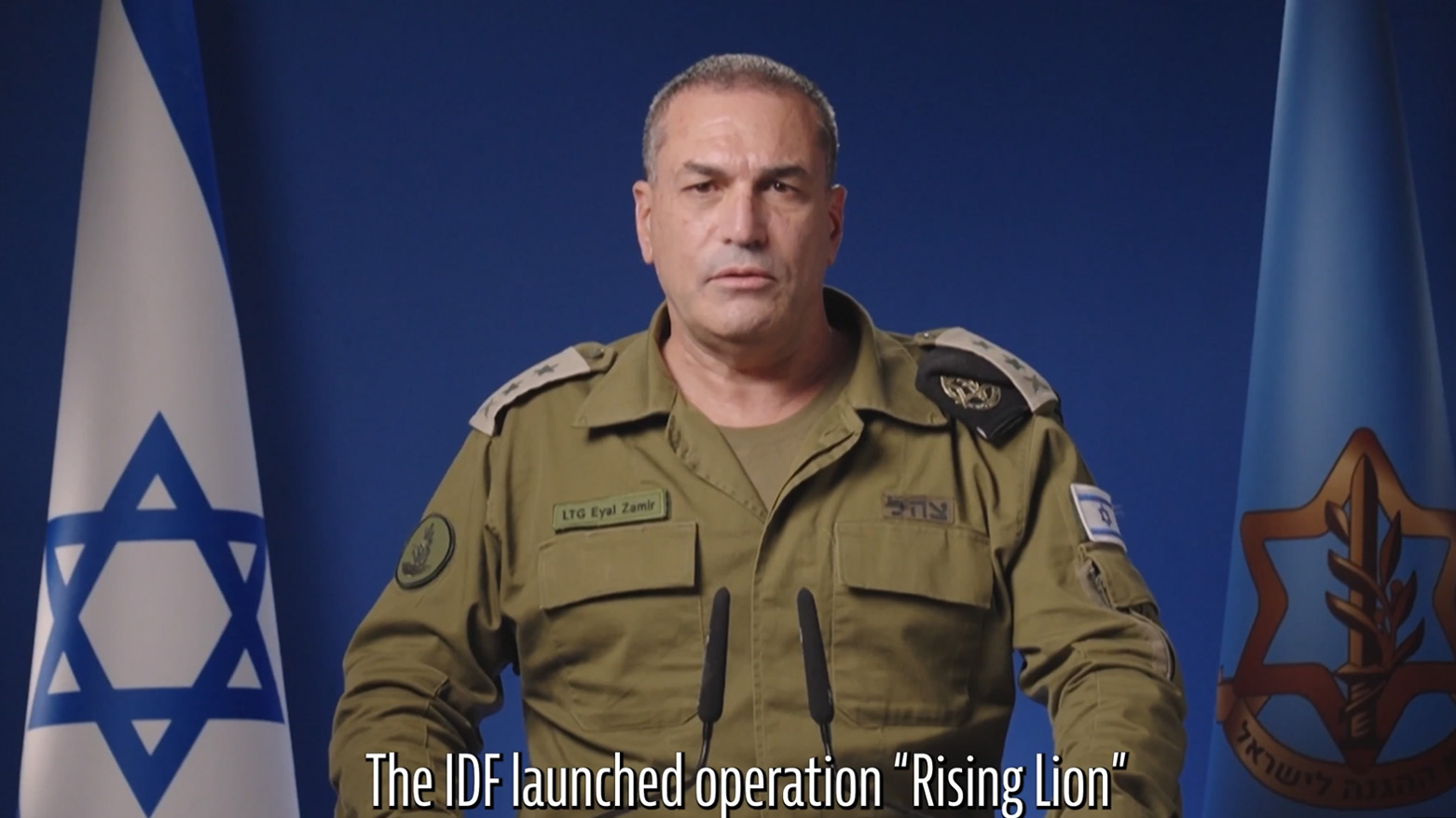Israeli Military Chief Warns of Heavy Cost of Gaza Reoccupation
Israeli military chief warns against full Gaza reoccupation, calling it 'a costly trap.' PM Netanyahu pushes for cabinet approval amid military-civilian divide. Alternatives proposed as war enters 22nd month.

ERBIL (Kurdistan24) – Israeli Chief of General Staff Eyal Zamir has issued a stark warning against the full reoccupation of the Gaza Strip, cautioning that such a move would come at “a high cost and require significant military deployment.”
The Israeli Public Broadcasting Corporation Kan reported that Prime Minister Benjamin Netanyahu is currently working to secure a majority within the security cabinet to authorize a formal decision on reoccupying Gaza. The cabinet is expected to convene today, Thursday, to finalize deliberations on expanding military operations in the coastal enclave.
Media outlets in Israel revealed ongoing disagreements within the government regarding the full-scale occupation of the already devastated and besieged Gaza Strip, which comes after twenty-two months of continuous war.
Prime Minister Netanyahu has consistently emphasized that Israel’s objectives include the complete elimination of Hamas and the retrieval of hostages still held within the enclave. According to Israel Post reports citing unnamed officials, Netanyahu remains committed to broadening military operations to secure densely populated areas—such as Gaza City and refugee camps—where hostages are believed to be held.
“A Trap of Our Own Making”
Kan reported that during a three-hour closed-door meeting with Netanyahu on Tuesday, Zamir warned that reoccupying Gaza in its entirety would resemble "walking into a trap." Zamir has expressed clear opposition to any decision resembling this course of action.
Israel’s Channel 12 also reported that Zamir has proposed alternatives to full occupation, such as creating special zones and encircling targeted areas believed to remain under Hamas control.
Meanwhile, sources quoted by Israel’s Yedioth Ahronoth newspaper confirmed that Zamir strongly opposes any plans for additional ground incursions or expanded offensives, underscoring his reservations about a renewed land campaign in Gaza.
As the security cabinet prepares for its high-stakes meeting, the divide between military leadership and political decision-makers continues to widen. While Netanyahu remains resolute in his goal to reclaim areas believed to be housing hostages and dismantle Hamas’s presence, senior military officials like Zamir are urging caution, pointing to the heavy toll such operations would likely impose.
The unfolding debate within Israel’s top decision-making circles signals a critical juncture in the Gaza conflict, as the government balances domestic political pressure, security calculations, and the human and strategic costs of deepening its ground campaign.